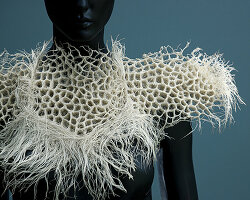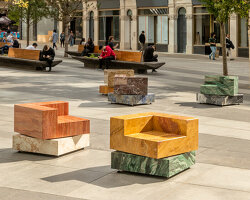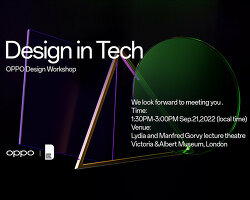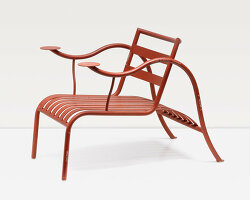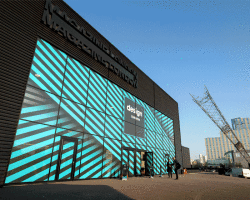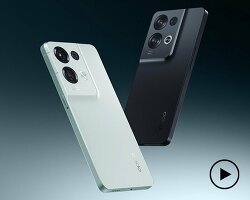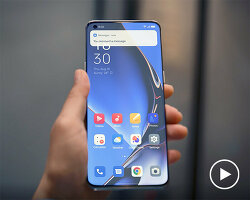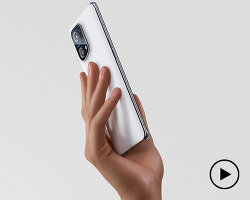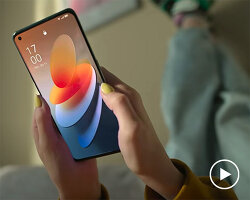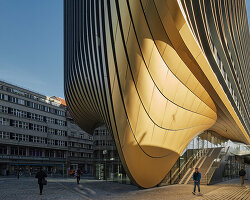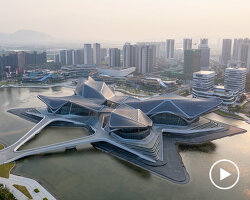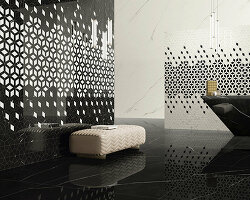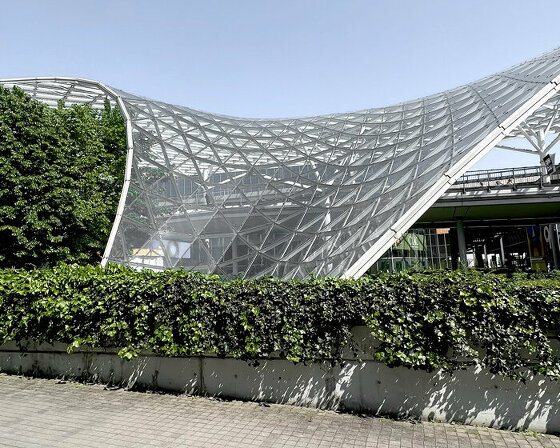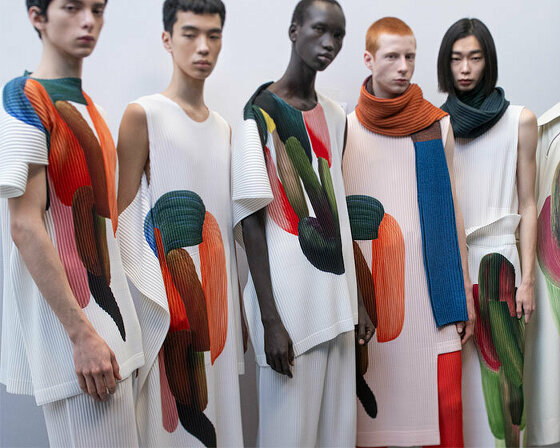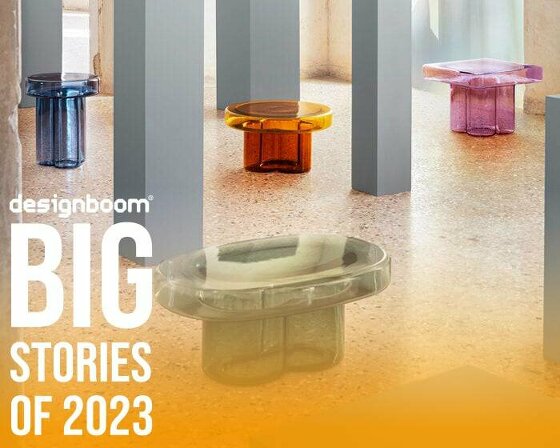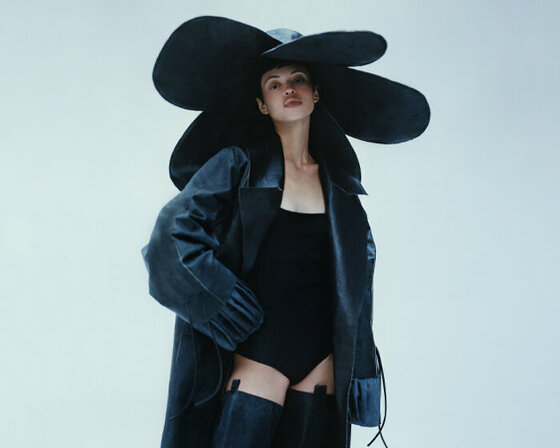design in tech workshop during LDF 2022
With four interconnected towers set to rise up in Shenzhen, China, OPPO and Zaha Hadid Architects share more similarities than just the design of the smart device brand’s new headquarters. The Design in Tech Workshop during London Design Festival 2022 explored the innovative yet elegant design philosophies of the manufacturer and its products. Patrik Schumacher, Principal of Zaha Hadid Architects, joined this investigation of the fusion of design, technology and people.
Watch designboom’s interview with Patrik Schumacher, Principal of Zaha Hadid Architects, and Xi Zeng, Director of Software Design at OPPO, at the Victoria and Albert Museum, London.
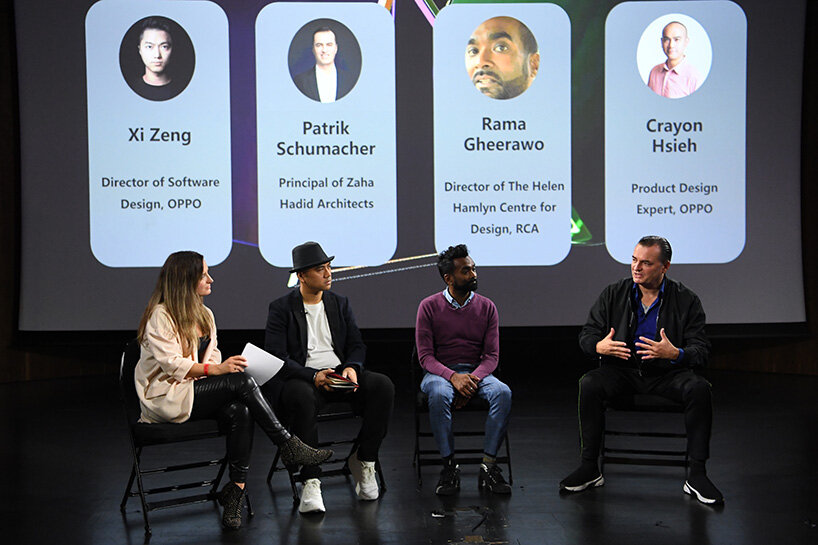
The Design in Tech Workshop joined Xi Zeng, Director of Software Design at OPPO, with Crayon Hsieh, Product Design expert at OPPO (center left); Rama Gheerawo, Director of the Helen Hamlyn Centre for Design, RCA (center right); and Patrik Schumacher, Principal of Zaha Hadid Architects (right)
one universal design discipline
‘For me, all the design disciplines are one universal discourse; they are all about giving form to function: social, spatial and visual communication. OPPO and Zaha Hadid Architects have similar references in design culture. We both appreciate the work of Gaudí, who used innovative, breakthrough geometric devices and tools that formed the framework of what we now call Parametricism and Tectonism. These are applicable across all design disciplines. That is what we all share,’ explains Patrik Schumacher. ‘I think there are those who are more nostalgic and those who are keenly looking into the future, testing out limits of new technologies, which is what Zaha Hadid Architects do and why we work with OPPO.’
Whether skyscrapers or smart phones, the design philosophies that guide OPPO and Zaha Hadid Architects share fundamental similarities. Nature is a source of great inspiration for both, much like the famed work of Antoni Gaudí. The Sagrada Família or the Casa Batlló, for example, both amaze in detail yet every aspect stems from the framework of organic design. This focus on mathematics innovates new tools that, in turn, push the possibilities in design – in all scales.
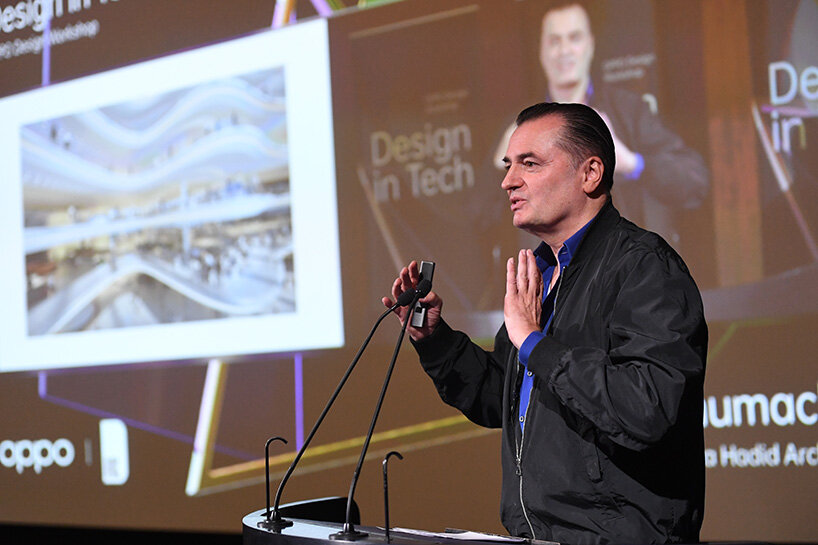
Patrik Schumacher shared Zaha Hadid Architects’ perspective on the relationship between design, technology and people
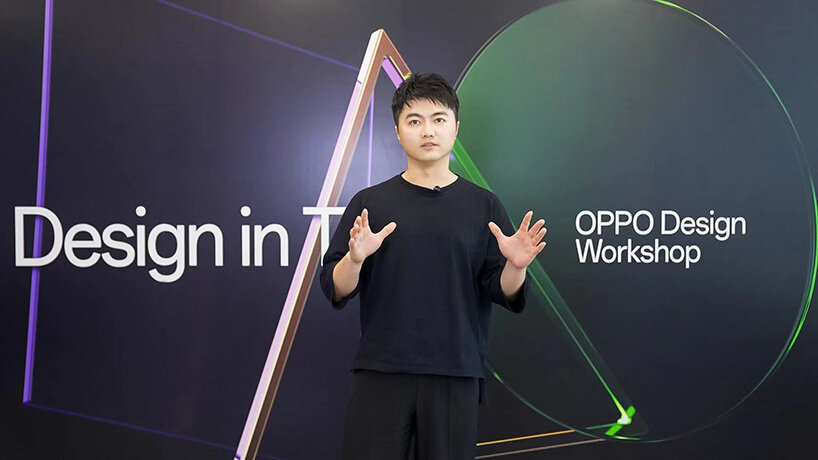
Xi Zeng, Director of Software Design at OPPO, explained the design mission of the global smart device brand
simplicity through technological artistry
‘OPPO is trying to make minimalism by applying new technology. Simplicity is the ultimate complexity. There is a lot of technical work to achieve it. We present simplicity to users and leave the complexity to ourselves. For example, our first foldable phone – Find N – was achieved after lots of development,’ mentions Xi. ‘I would say design is a bridge; it is a bridge between innovation, technology and human-centric user experiences. The user friendly details of the Find X5 Pro like the ceramic back is specially produced to create a texture that reduces fingerprints and curves to fit finger touch.’
OPPO has a mission to enrich life through technological artistry. The brand believes technology and design should be combined to deliver excelling aesthetics and user needs. The two go hand-in-hand; technology connects people but is shaped through elegant design. ColorOS 13, OPPO’s operating system launched in August 2022, offers an ever richer experience. It debuts Aquamorphic Design that reflects natural influences like water to curve the user-friendly UI. This inspiration goes a step further to mold the actual physical form of the Find X5 series, which has a ceramic back that seamlessly integrates the camera case as if a volcano.
‘OPPO also hopes to adapt to people’s needs through exploring the interaction between devices and end users as well as understanding the spiritual relationship between nature and human beings. We have inclusive design that helps well-being, such as blossom wallpaper that gradually changes with time to remind users to take a break from using smart phones. The Homeland wallpaper of ColorOS 13 has clownfish, polar bears and penguins to call attention to their decreasing habitats due to climate change. Through our design and product, we are committed to create technology with a human touch to serve users from different cultures and regions,’ continues OPPO’s Director of Software Design.
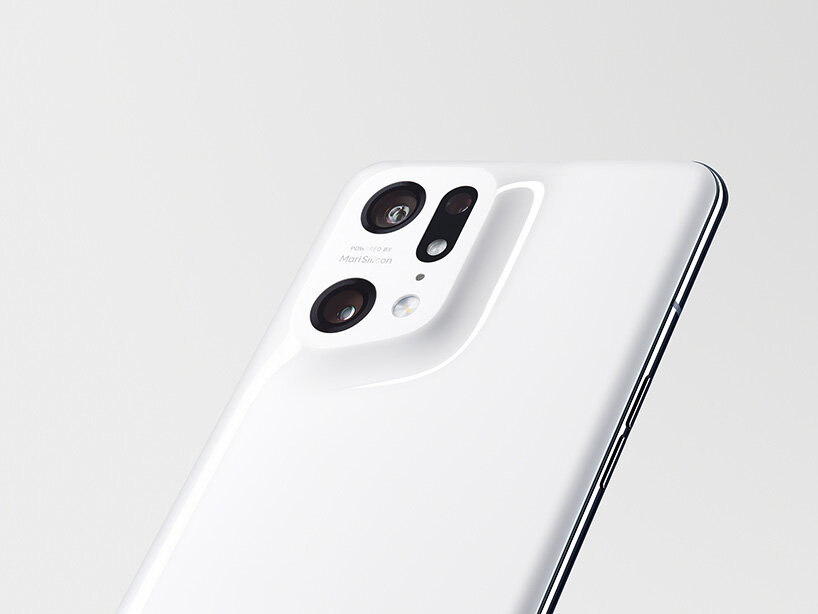
Organic design shapes the form of the OPPO Find X5 Pro smartphone
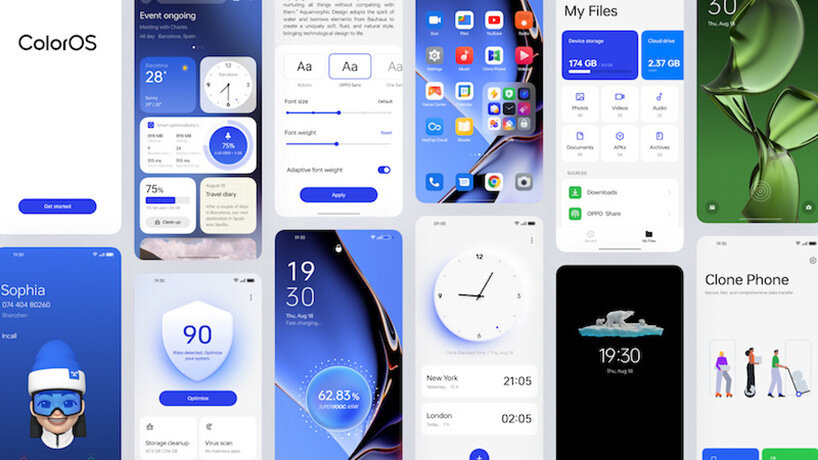
Launched in August 2022, ColorOS 13 offers an ever richer experience
triangle of people, technology and design
Understanding the relationship between people, technology and design is an ever-changing but key connection. From social demands to client needs, users shape projects and products as much as any new innovation. As Zaha Hadid Architects literately reshaped the physical possibilities of architecture, their design philosophy evolved to better fit people. The practice has adapted its work to further enrich the end users’ lives – and technology has been a facilitator for this.
‘Zaha Hadid was one of the radical innovators who stepped into architecture as it transitioned from Modernism into what we now call Parametricism and Tectonism. It wasn’t a traditional style of Postmodernism, which was just the rejection of Modernism. We started with really highly avant-garde, experimental structures. We worked on artistic projects with museums and galleries that could sustain our ideas of architecture. We evolved over the decades to become more sophisticated, understand the client needs, technological constraints and also the aesthetic shift. Deconstructivism was really the first expression of complexity that clashed forms, bringing the diversity of contradictions of urban conditions and internal functions to a larger perspective. It was too indigestible and difficult to navigate,’ comments Patrik. ‘Out of that, we learned how to make these refined, integrated complexities, like organisms that have many different parts that evolve to fit with each other. We used new digital tools to allow us to find variation as, even in complex forms, each element should be locally adapted to its condition.’
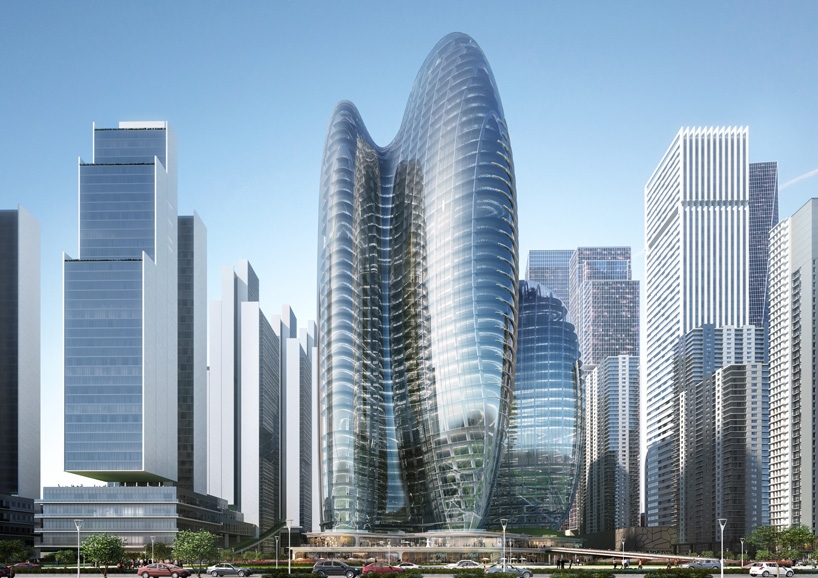
OPPO’s Zaha Hadid Architects-designed HQ in Shenzhen, China rises up as four interconnected towers
OPPO and Zaha Hadid Architects are unconventional in the form and function of their designs, not for the sake of it but in order to lead positive change. The smallest of technological innovation can help daily lives incalculably. OPPO’s first foldable phone, the OPPO Find N, for example, challenged the now traditional shape of smartphones. Technological developments aided the restructure. It offered users an alternate option that was equally as comfortable to hold and use but in a resizable shape. Its waterdrop-shaped hinge design, in particular, enables minimal crease in the inner display. Four years of research and development realized a mechanism of 136 precise components that are perfectly adjoined. The result is a hinge that moves as smoothly as joints in the human body and can also stand at any angle between 50-120 degrees. Together with a range of software features that take advantage of the folding display, the Find N gives users flexibility to adapt the device to a wide range of usage scenarios.
‘We believe that the design of OPPO is a synergy of innovative technology and aesthetic satisfactions. We strongly believe that technology needs to connect to people using comfortable, elegant design. This includes industrial, software and brand design. We have a great example like the first foldable phone that OPPO designed. We are trying to push the innovation of tech by proving that phones are no longer limited by traditional shapes, just like Zaha Hadid Architects. Technology has allowed us to push the very boundaries of our imagination,’ clarifies Xi Zeng.
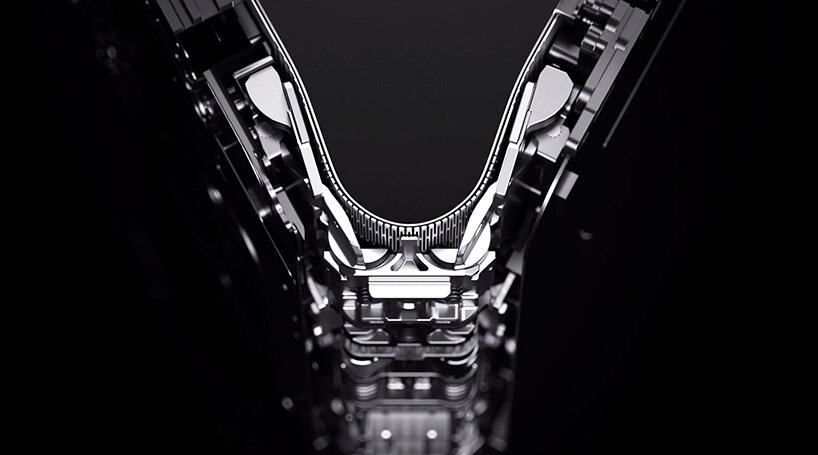
The foldable OPPO Find N challenged the traditional shape of smartphones with a precise hinge design
ZHA’s global headquarters for OPPO
Zaha Hadid Architects was chosen to design OPPO’s new headquarters in Shenzhen after a competition in 2020. The four interconnected towers, scaling 42 floors and 185,000 square meters, personifies OPPO’s design principles in an architectural form. The organic buildings combine open-plan offices and a 20-storey vertical lobby with a new civic space for the city. It connects the company and local people with a landscaped plaza, art gallery, shops and restaurants and even transportation links too. The project offers an insight into the evolution of the architectural firm as well.
‘We would never refuse a competition for such a fantastic site in Shenzhen, China’s center of technological innovations. OPPO is a major company with great products and a global reach. We had the intuition that we could go bold and express our dreams about architecture,’ finalizes Patrik Schumacher. ‘The main elements are the complexity of the multi-tower compositions and the continuous curved glass membrane. The envelope and configuration of organic, complexity and beauty is a new level for us.’
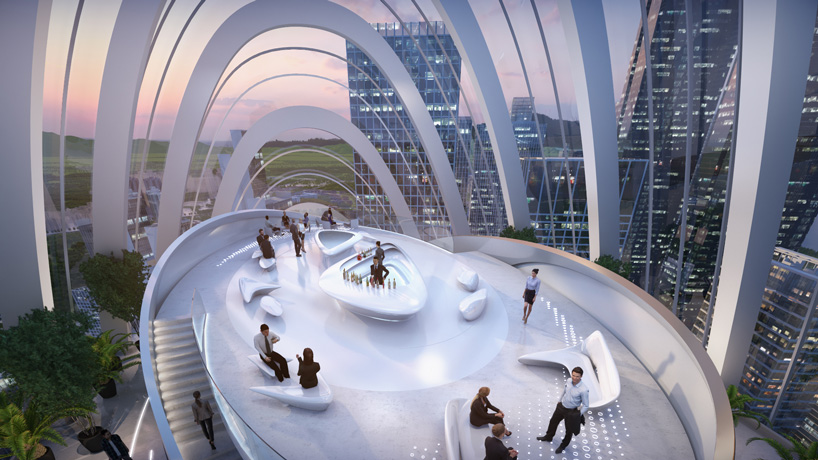
The building’s design reflects the philosophy of the smart device brand
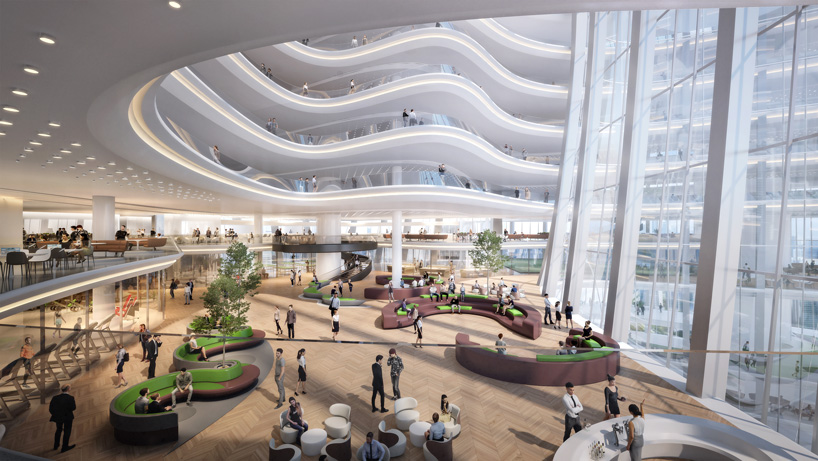
It connects the company and local people with a plaza, art gallery, shops and more
OPPO’s Design in Tech Workshop at the Victoria and Albert Museum during London Design Festival 2022 showcased the role of technology in pushing design. The event also highlighted the importance of using design to shape technology. Innovation only enriches people’s lives through the consideration of design – elegant design in OPPO’s case. Zaha Hadid Architects, their relationship with the smart device brand, and their own case studies supported the key elements of one universal design discipline.
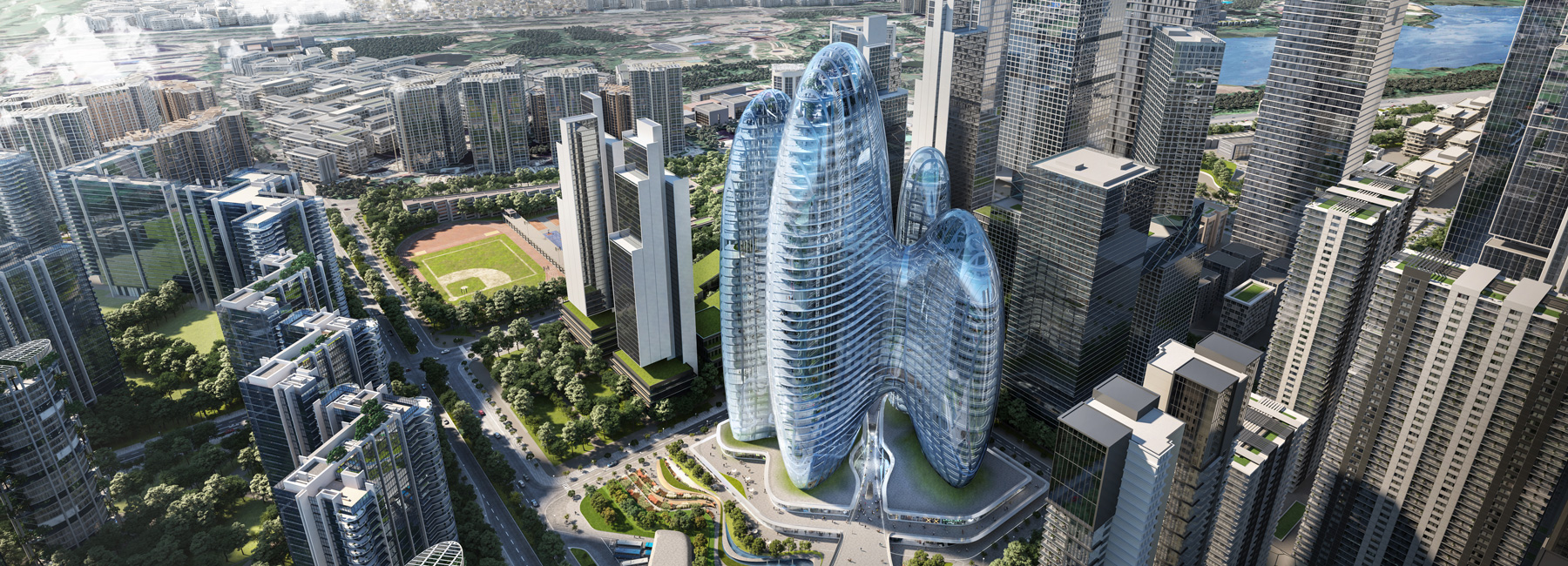
The competition was awarded in January 2020
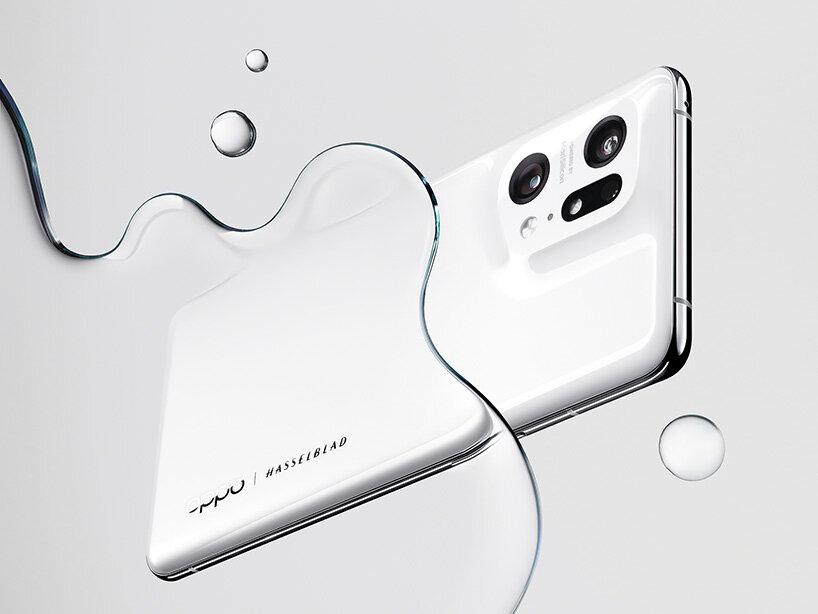
The OPPO Find X5 Pro has a ceramic back that seamlessly integrates the camera case as if a volcano
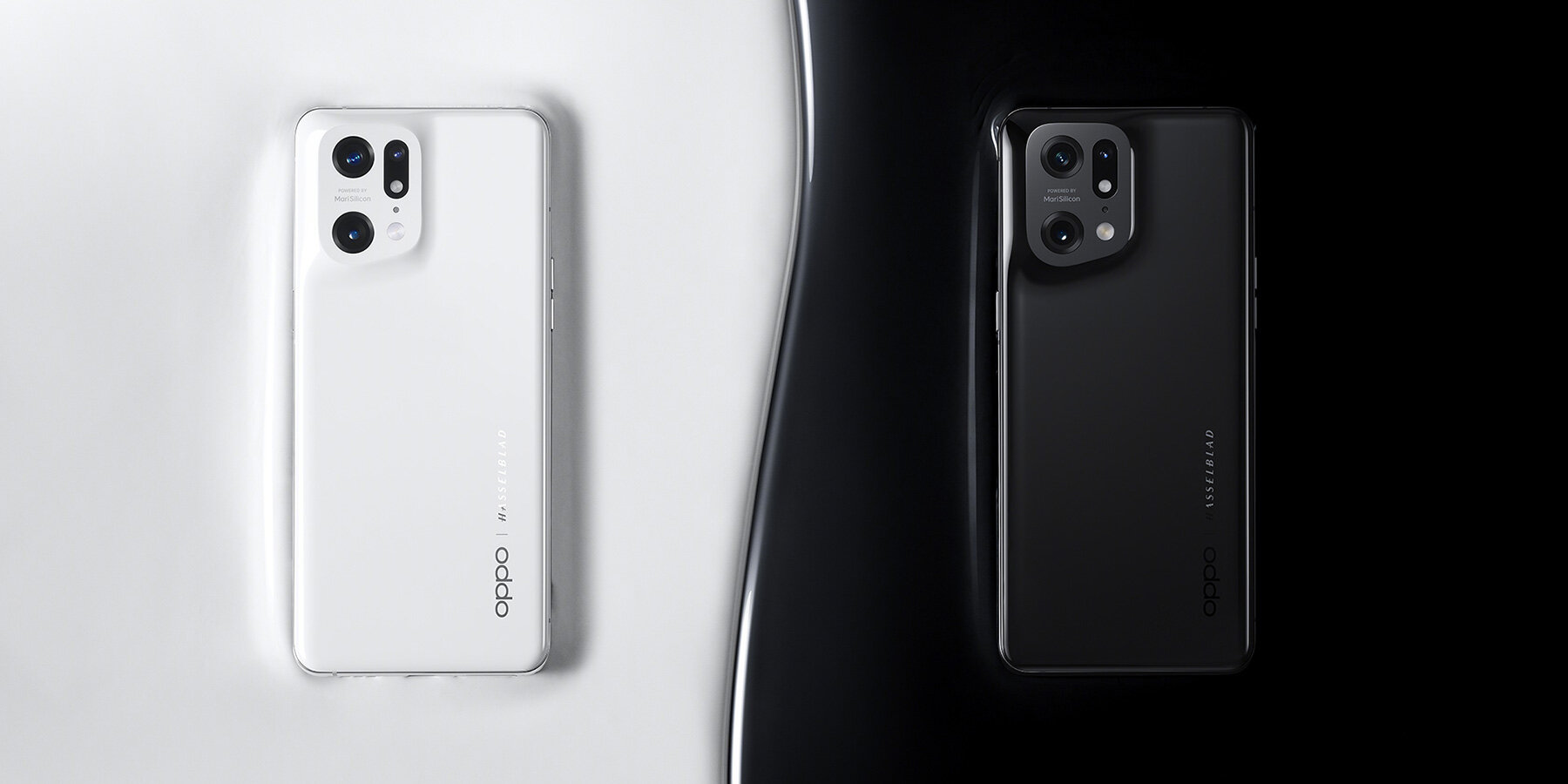
The model exemplifies how technology is integrated to achieve simplistic design
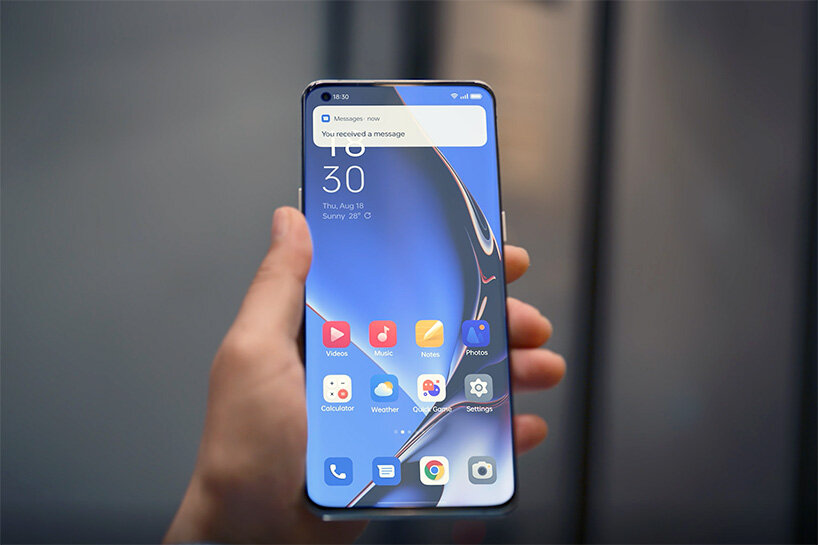
The operating system’s Aquamorphic Design reflects natural influences like water to curve the user-friendly UI
interview info:
brands: OPPO and Zaha Hadid Architects
interviewees: Xi Zeng, Director of Software Design at OPPO, and Patrik Schumacher, Principal of Zaha Hadid Architects
event: OPPO Design in Tech Workshop
location: Victoria and Albert Museum, London
LDF LONDON DESIGN FESTIVAL 2022 (6)
OPPO (15)
ZAHA HADID (369)
PRODUCT LIBRARY
a diverse digital database that acts as a valuable guide in gaining insight and information about a product directly from the manufacturer, and serves as a rich reference point in developing a project or scheme.
